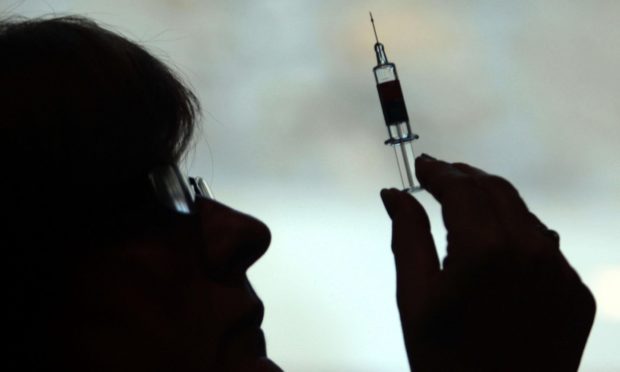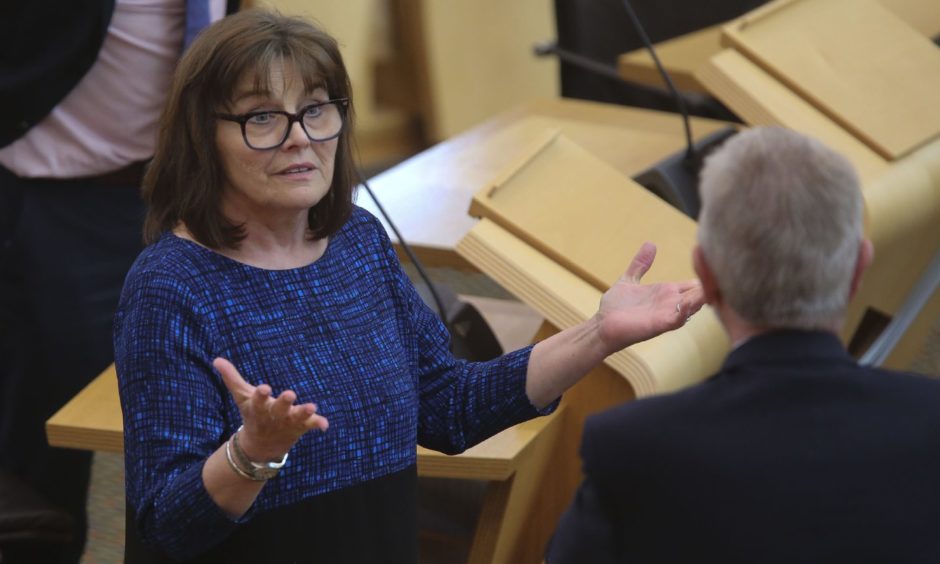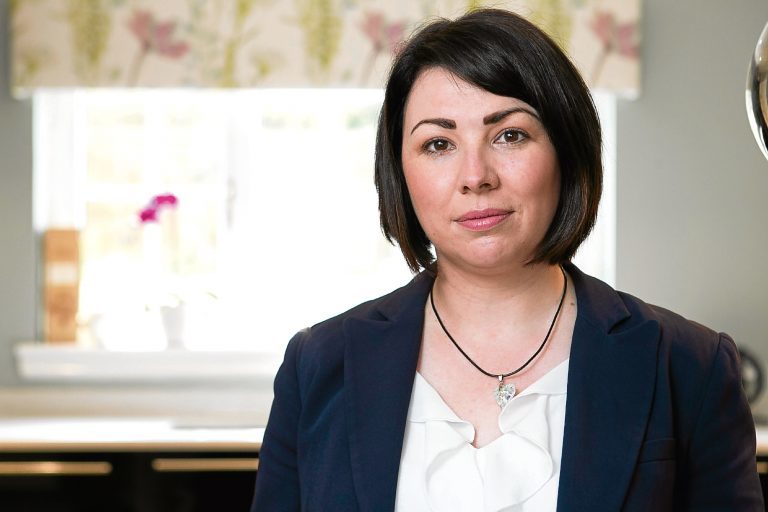Ministers will begin work on a national strategy for rolling out a coronavirus vaccine as part of a £37 million NHS winter preparedness plan but have ruled out using the system behind this year’s “shambolic” winter flu jabs.
Health secretary Jeane Freeman told MSPs the Scottish Government would “certainly not” be using the Scottish Immunisation Recall System (Sirs), which has already seen multiple health boards apologise to patients.
The SIRS system was originally developed for childhood immunisations and prioritises appointments from youngest to oldest, meaning some of Scotland’s most vulnerable patients were put to the back of the queue.
Ms Freeman admitted the Scottish Government has “lessons to learn” as it plans for the release of any future coronavirus vaccine but stressed the health service is now in a better position to deal with the current spike in cases than it was in March.
The health secretary warned the country faces a tough winter but pledged flu jabs will be available to all high-risk groups before the end of the year, despite early issues.
Every effort must be made to prepare the NHS for the pressures it will face in the coming months.”
Health Secretary Jeane Freeman
Scottish Conservative health spokesman Donald Cameron said the flu jab rollout had been “both chaotic and confusing”, citing booking problems in Tayside and Fife, along with patients in Glasgow receiving confirmation letters after scheduled appointments had already been missed.
The responsibility for immunisations was previously managed by GPs but was switched to health boards for the first time this year.
Under the new system, patients were sent letters stipulating a date and time to attend but it was left to local boards to “determine the order in which each cohort of patients receives their letters”.
Ms Freeman acknowledged there had “undoubtedly been problems in a number of areas” but denied it had been “shambolic across the country”.
“I really do need to be clear that I am not saying the flu vaccination programme across Scotland has gone smoothly,” she said. “There are some boards where it has gone very well, but there are others where it has not.”
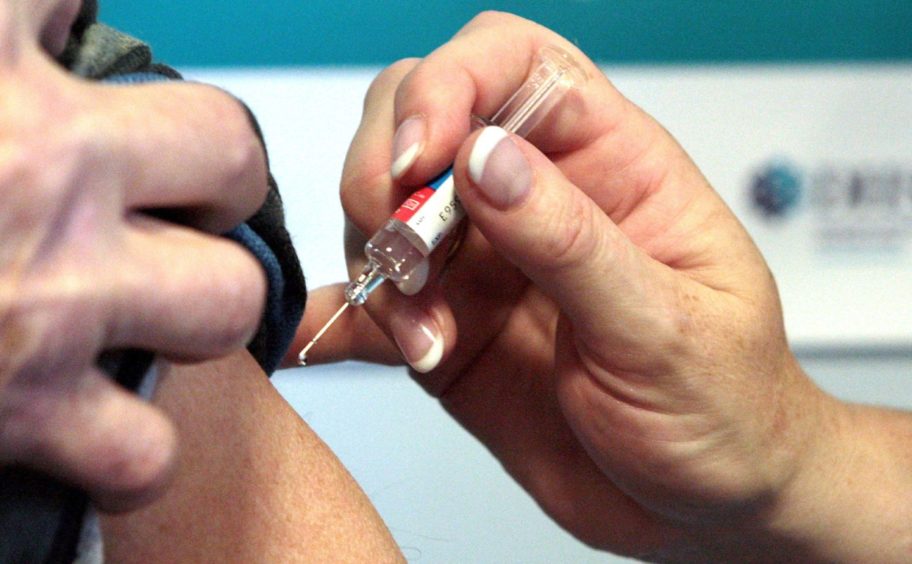
The health secretary said some boards were “overwhelmed by telephone inquiries and weren’t staffed up to deal with that”, while others had issues with the Sirs programme, which she conceded was “not appropriate for flu”.
Announcing an additional £37 million of funding for the NHS this winter, Ms Freeman said the money will go towards expanding the flu jab programme and increasing Scotland’s coronavirus testing capacity to at least 65,000 a day.
State of emergency
The NHS will remain in a state of emergency over winter because on continued pressure on services and Ms Freeman said “every effort” would be made to prepare the NHS for the demands it will face in the coming months.
However, Theresa Fyffe, director of the Royal College of Nursing Scotland, warned a lack of staff is having a “major impact” on morale, wellbeing and patient safety.
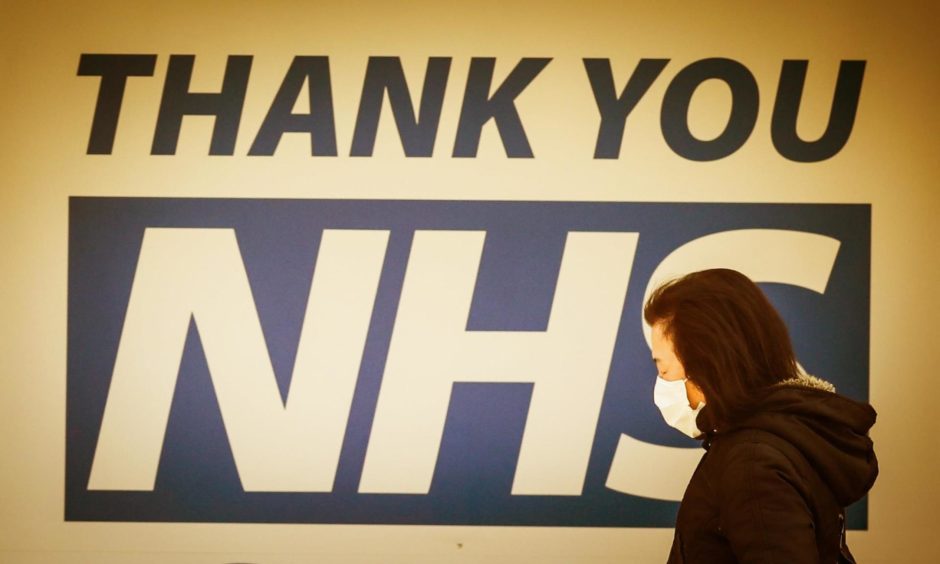
“The crisis has only ramped up the damaging effects of continually working under the serious pressure staff shortages bring,” Ms Fyffe said.
“As we approach winter, with the need to respond to the traditional pressure of flu and norovirus in tandem with a second Covid-19 wave, urgent action is needed to tackle these shortages.”
Suggesting there has been a sharp rise in the proportion of nursing staff considering quitting the profession, she added: “We need to ensure that nursing is attractive, well-paid and meaningfully supported, otherwise, we risk many of our members leaving the profession – at a time when the nation needs them more than ever.”
Actions outlined in the winter preparedness plan include:
- Doubling the number of people protected by the flu vaccine to nearly 2.5 million and preparing to deliver a safe, effective vaccine against Covid-19.
- Increasing testing capacity from around 27,000 to at least 65,000 tests per day by winter, and ensuring health boards have access to sufficient contact tracers to respond to local surges.
- Approximately 3,000 acute beds ready to be repurposed nationwide for Covid-19 patients, including doubling ICU capacity within one week, trebling it in two weeks and quadrupling to more than 700 should circumstances demand.
- Investing £20 million to support the redesign of urgent care and ensuring a consistent national framework to unplanned care.
- Continuing to provide care and treatment for both urgent and routine health needs, including treatment for cancer and other life threatening conditions.
- Where possible, restarting a number of diagnostic and screening services and elective procedures.
- Investing more than £78 million to restore as much elective activity as circumstances allow, supporting over 70,000 outpatient appointments, over 13,800 elective procedures and over 98,000 diagnostic tests.
- Maintaining the NHS Louisa Jordan as a crucial national facility for either Covid-19 or non-Covid patients.
- Supporting key workers in health and social care by ensuring staff ‘hubs’ and rest areas are maintained, and establishing a mental health network backed initially by £5 million of funding.
- Maintaining the Covid-19 community pathway with local community assessment centres in every board area.
- Maintaining the out of hours service in all board areas for patients who need to be seen urgently and cannot wait for their GP practice to open.
